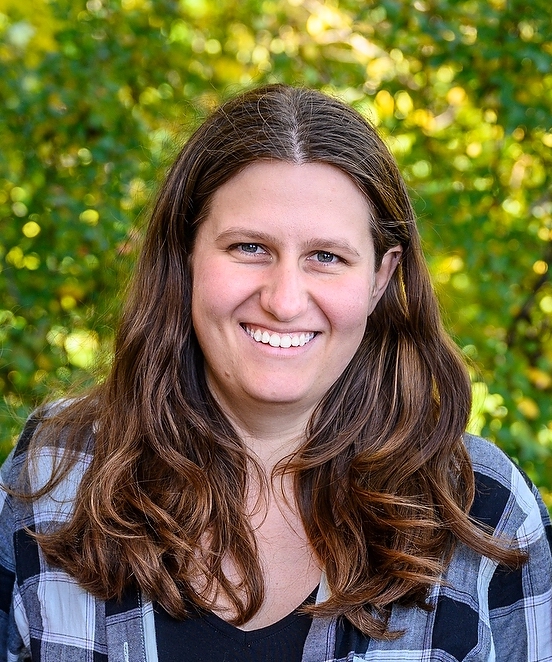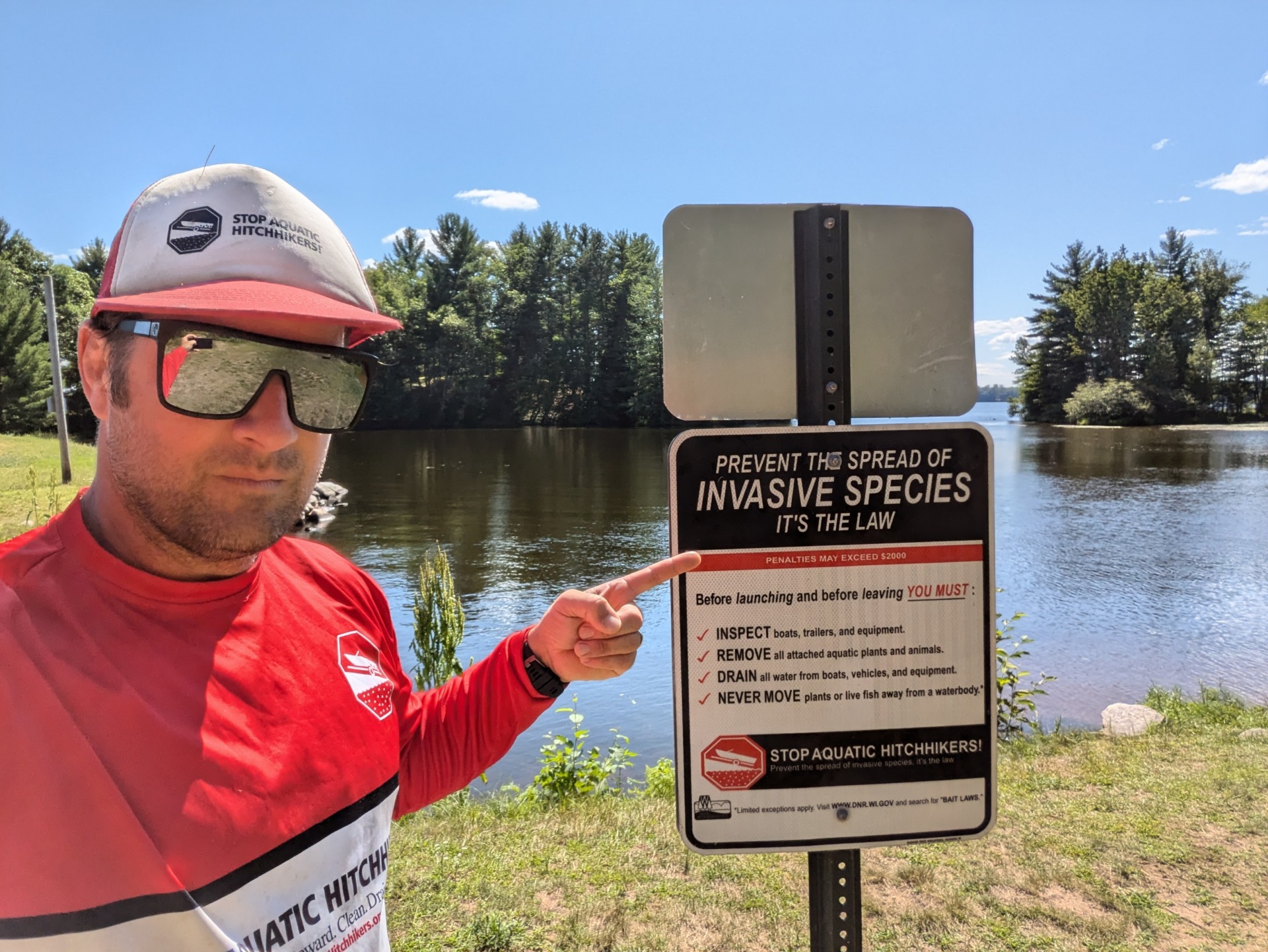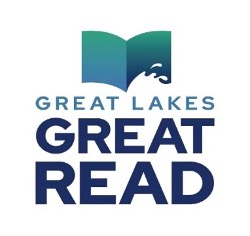Continuing the tradition of placing early career professionals in Washington, D.C. federal government offices, the National Oceanic and Atmospheric Administration’s National Sea Grant College Program is pleased to announce the finalists for the 2025 class of the Knauss Marine Policy Fellowship program. (Read Sea Grant’s full announcement here.)
This year, for the first time in program history, all eligible Sea Grant programs are represented by a diverse cohort of 88 early-career professionals who will spend the next year working alongside federal agencies or legislative offices in Washington, D.C., applying their academic expertise to critical marine, coastal and Great Lakes policy issues.
Since 1979, the Knauss Fellowship provides graduate students a unique opportunity to gain hands-on experience developing and implementing national policy. This year’s class brings a wide range of experiences and aspirations, reflecting the breadth of the marine and coastal fields. Many of the finalists were motivated by a desire to work at the interface of science and policy and passionate about building sustainable futures and promoting resilient ecosystems.
As in previous years, this year’s finalists were selected through a competitive process that involved review panels composed of national experts in marine science, policy and education. Over the past 45 years, the Knauss Fellowship has supported more than 1,680 students who have significantly contributed to environmental policy and management and built lasting careers.
“This year’s Knauss Fellowship cohort exemplifies the passion and expertise necessary to address the evolving challenges facing our coasts and oceans,” remarked Jonathan Pennock, Director of the National Sea Grant College Program. “We are confident that their dedication to serving through science will lead to innovative solutions that sustain coastal and marine resources and communities for future generations.”

Knauss Fellow Elizabeth Berg. Image credit: Althea Dotzour, UW–Madison
The Knauss Fellowship is a one-year paid opportunity for current and recent graduates from advanced degree programs to apply their scientific knowledge and experiences to current issues in science, policy and public administration. Students who are enrolled in or have recently completed master’s, juris doctor and doctor of philosophy programs with a focus and/or interest in marine and coastal science, policy, or management apply to one of the 33 eligible Sea Grant programs.
The 2025 finalists represent 70 universities across the country — including 10 minority serving institutions — comprising 44 master’s students, 41 Ph.D. candidates and three J.D. candidates. They are geographers, ichthyologists, ecologists, lawyers, environmental managers and more. They represent communities across the nation and are committed to making meaningful contributions to marine policy.
Among them is Elizabeth Berg, a recent Ph.D. graduate from the University of Wisconsin–Madison in environment and resources. Her research looked at the urban heat island effect in Madison, a phenomenon in which cities experience higher temperatures than surrounding areas due to factors including paved surfaces and buildings that radiate heat. Chris Kucharik, UW–Madison professor of agronomy and environmental studies, was Berg’s advisor.
As part of their fellowship, the 2025 finalists will participate in professional development opportunities, build their networks and have mentorship opportunities. Later this month, the finalists will participate in the placement process, where they will connect with each other and potential host offices. The 46th class of Knauss fellows will officially begin their fellowships in February 2025.





